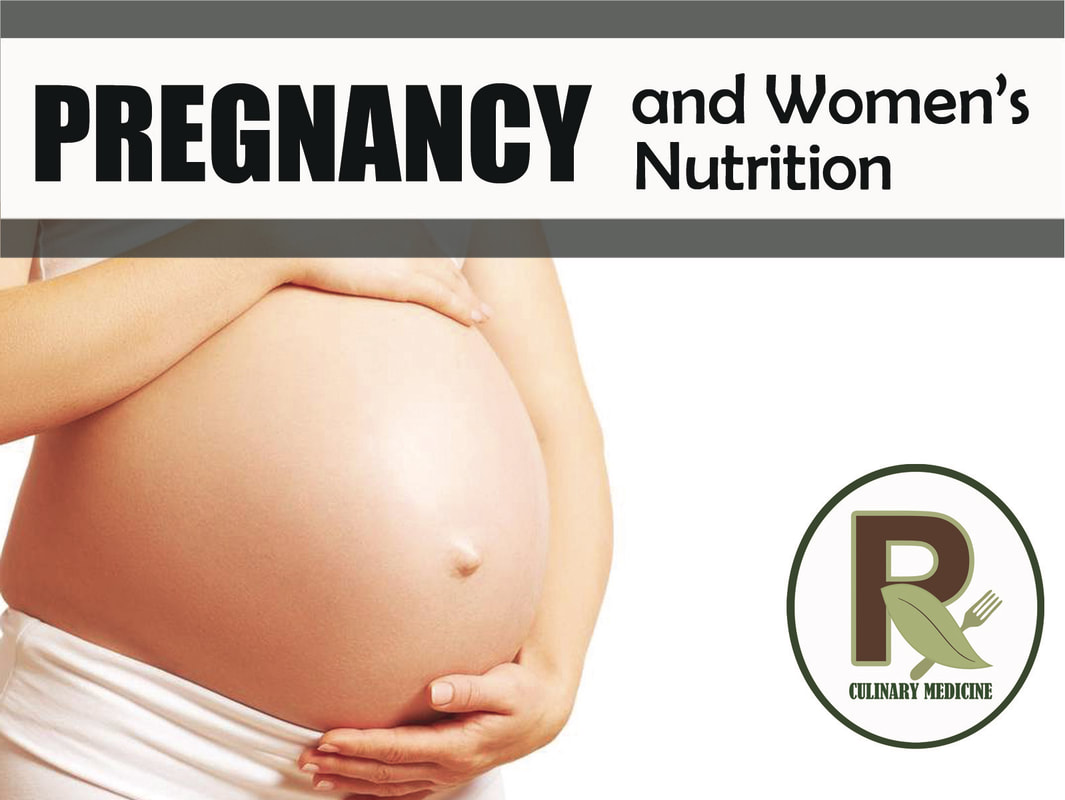UNIT 4 - MEAL PLANNING |
Food Preparation
With appropriate planning, a plant-based diet is a healthy eating pattern that can meet your and both the mother and child's nutrient needs. When cutting out animal products, there are certain nutrient requirements that are more challenging to meet when diet is unplanned. Falling short of these nutrients may cause fatigued and weakness, in addition to many other symptoms. When breastfeeding, meeting the nutritional needs is particularly crucial as the child receives all nutrients from the breastmilk.
- Protein: nuts, seeds, beans, legumes, tofu, seitan, tempeh, quinoa, buckwheat, and amaranth.
- Omega-3 fatty acids: Flax oil and ground flax seeds, walnuts, soy, algae foods fortified with DHA.
- Iodine: Iodized salt and sea vegetables such as nori.
- Iron: Lentils, kidney beans, black beans, dark leafy greens, raisins, and fortified grains.
- Calcium: dark leafy greens, tofu, baked beans, almonds, sesame seeds, figs, fortified soymilk and almond milk.
- Zinc: Fortified grains, some veggie burgers, kidney beans, black-eyed peas, peanuts, tempeh, tofu, tahini.
- Vitamin D: Sunlight and fortified dairy alternatives.
- Folate: Lentils, pinto beans, asparagus, spinach, black beans, broccoli
- Vitamin B6: Sweet potato, white potato, sunflower seeds, spinach, banana
- Choline: Collard greens, Brussels sprouts, broccoli, swiss chard, cauliflower, spinach
- Vitamin A (extra is needed when breastfeeding): Sweet potato, carrots, spinach, kale, mustard greens, turnip greens, swiss chard, winter squash
For most normal-weight pregnant women, the right amount of calories needed are the following:
- About 1,800 calories per day during the first trimester
- About 2,200 calories per day during the second trimester
- About 2,400 calories per day during the third trimester
An additional 450 to 500 kilocalories (kcal) of food calories per day is recommended for well-nourished breastfeeding mothers, compared with the amount they were consuming before pregnancy (approximately 2,300 to 2,500 kcal per day for breastfeeding women verses 1,800 to 2,000 kcal per day for moderately active, non-pregnant women who are not breastfeeding).
Unit Task
- Using the recipes you learned from the past modules, create a 7-day plant-based meal plan for a (1) pregnant and (2) a breast-feeding client. You can incorporate your own structured recipes tailored to meet the nutrient needs of your clients. Make sure you create breakfasts, lunches, dinner, and snacks that are fairly simple to prepare. The goal is to enjoy cooking more nutritious plant-based meals at home with without feeling like they're spending too much time in the kitchen. Set the meal plan based on the caloric needs of your client (use the caloric guide listed above). You may also use the link below to check the food calories.
- Provide the meal plan to you clients and discuss about your objectives, start to initiate culinary coaching, and introduce basic culinary skills. Create a written summary of your activity and include the personal reflection (verbatim) of your clients.
FOOD CALCULATOR
